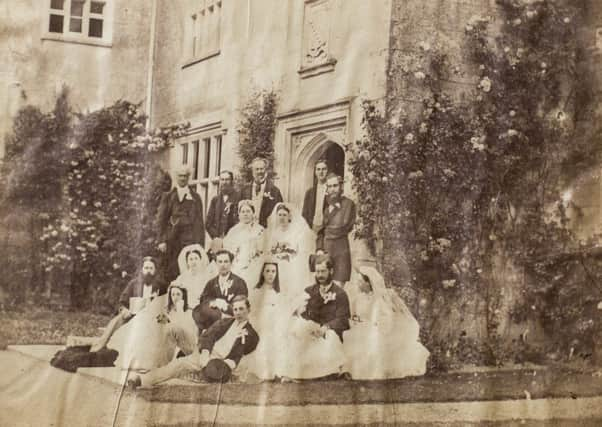It is remarkable that Shakespeare is remotely comprehensible as language evolves – Yorkshire Post letters


WHEN you have lived as long as I have, you notice the evolution of speech patterns over a relatively short period of time. My grandparents often used the word “directly” for “soon”, a usage I had seen in Jane Austen’s works. My father rarely said “perhaps” or “fairly”, preferring “appn” or “midlin” respectively.
With the advent of radio and television, traditional idiom began to be subsumed by what was perceived to be trendy language. I wonder where “Can I get a coffee?” came from. A smile and “Coffee please” used to be sufficient.
Advertisement
Hide AdAdvertisement
Hide AdFor better or worse, Americanisms all but transformed our daily speech. Having an American son, I have been more influenced than most: I prefer “go ahead” to “after you”. Unlike some Brits, I like “take care” as a parting remark, especially to a stranger I have taken to. Nor do I mind “See you later”, which is simply the English equivalent of “au revoir” or “auf wiedersehen”.
For me, the negatives of American influence include “I was like” for “I said” and “he goes” for “he said”. “Like” must now be the most devalued and overused word in the English language.
Considering the dynamism of language, it is remarkable that Shakespeare is remotely comprehensible.